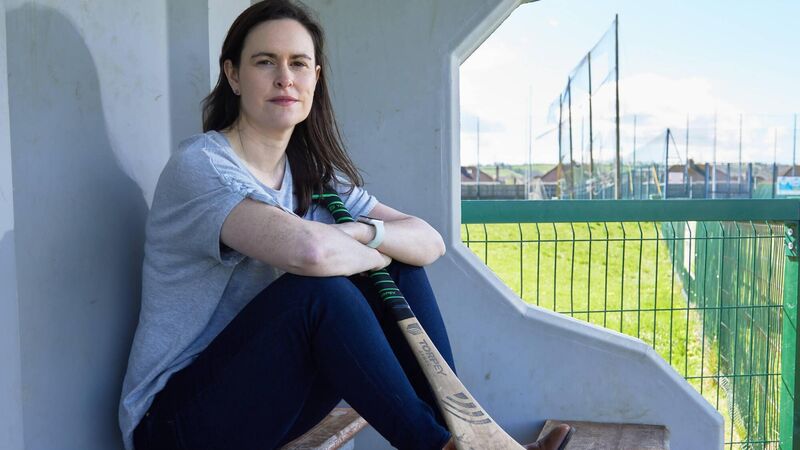Book extract: Eimear Ryan examines the societal misogyny behind sports in Ireland

Eimear Ryan: "It’s hard to either denigrate or objectify what little can be seen through the bars of a faceguard." Picture: Miki Barlok
I have never felt very good at being a woman, or rather, at performing femininity. As a child, I hated wearing dresses: it meant I couldn’t ride a bike or perform cartwheels. The buckle-up shoes my mother wanted me to wear to Mass hindered me from running and climbing. Later, in my teens, I found that my fine, flat hair resisted the step-by-step hairdos in the pages of J-17, and the homemade face masks of lemon juice and mashed banana did nothing for my acne. Earrings and necklaces were fine, but rings and bracelets impeded my hands.
I resented the 2000s midlands beauty standards that dictated I wear heels and fake tan to go to the nightclub in Nenagh. I couldn’t walk in heels, my feet battered and tender from hurling boots, from constantly running on hard ground. I hated the smell of fake tan, the faffing around with the mitt in the bathroom, my inability to apply it without streaking. In my twenties, I disliked the fact that in order to appear professional, I was expected to wear a full face of makeup and perfectly blow-dried hair. These morning routines cost me time and money, and because I wasn’t especially good at them, I only ever achieved presentability, never beauty. I could not believe this was my inheritance, my job as a young woman.










